Need advice on heating system for new addition
dcpixie
9 years ago
Related Stories

GREAT HOME PROJECTSHow to Add a Radiant Heat System
Enjoy comfy, consistent temperatures and maybe even energy savings with hydronic heating and cooling
Full Story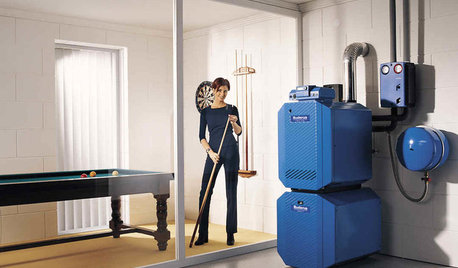
HOUSEKEEPING5 Steps to Improve Your Heating System Now
Increase your heater's efficiency and safety for lower energy bills and greater peace of mind this winter
Full Story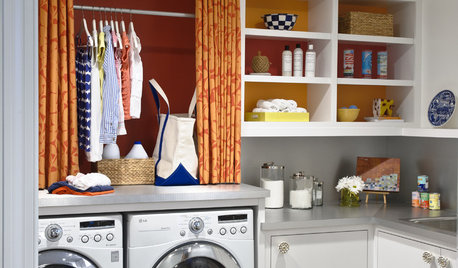
REMODELING GUIDESContractor Tips: Advice for Laundry Room Design
Thinking ahead when installing or moving a washer and dryer can prevent frustration and damage down the road
Full Story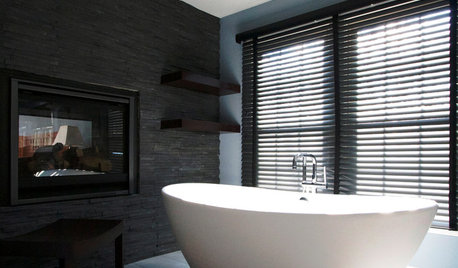
BATHROOM DESIGNDreaming of a Spa Tub at Home? Read This Pro Advice First
Before you float away on visions of jets and bubbles and the steamiest water around, consider these very real spa tub issues
Full Story
DECORATING GUIDES10 Design Tips Learned From the Worst Advice Ever
If these Houzzers’ tales don’t bolster the courage of your design convictions, nothing will
Full Story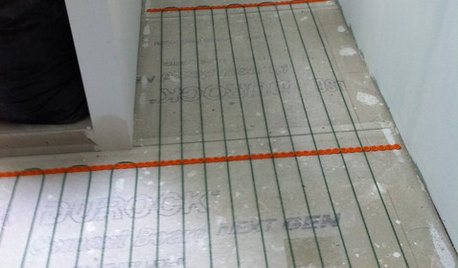
BATHROOM DESIGNWarm Up Your Bathroom With Heated Floors
If your bathroom floor is leaving you cold, try warming up to an electric heating system
Full Story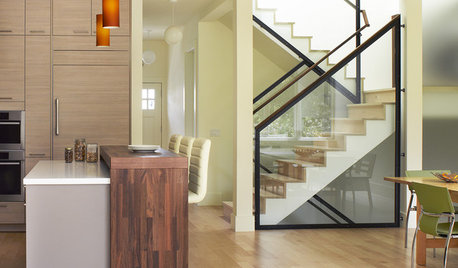
FLOORSIs Radiant Heating or Cooling Right for You?
Questions to ask before you go for one of these temperature systems in your floors or walls (yes, walls)
Full Story
GARDENING AND LANDSCAPINGChill Out: 10 Cool Ways to Beat the Heat Outdoors
Step away from the A/C's artificial blast — and treat yourself to these more natural cool-down methods in the great outdoors
Full Story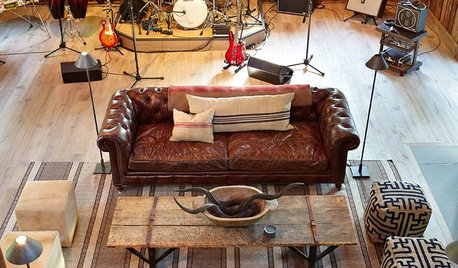
THE ART OF ARCHITECTURESound Advice for Designing a Home Music Studio
How to unleash your inner guitar hero without antagonizing the neighbors
Full Story
GREEN BUILDINGInsulation Basics: Heat, R-Value and the Building Envelope
Learn how heat moves through a home and the materials that can stop it, to make sure your insulation is as effective as you think
Full StoryMore Discussions






tigerdunes
dcpixieOriginal Author
Related Professionals
Palo Alto Solar Energy Systems · Wakefield Solar Energy Systems · Moraga Solar Energy Systems · Beverly Hills Home Automation & Home Media · Chattanooga Home Automation & Home Media · Englewood Home Automation & Home Media · Farmington Home Automation & Home Media · Los Alamitos Home Automation & Home Media · Los Angeles Home Automation & Home Media · Sarasota Home Automation & Home Media · Colorado Springs Fireplaces · North Ogden Fireplaces · Palo Alto Fireplaces · Tooele Fireplaces · Atascocita Fireplacestigerdunes
hvtech42
dcpixieOriginal Author
tigerdunes
HomeChef59
hvtech42